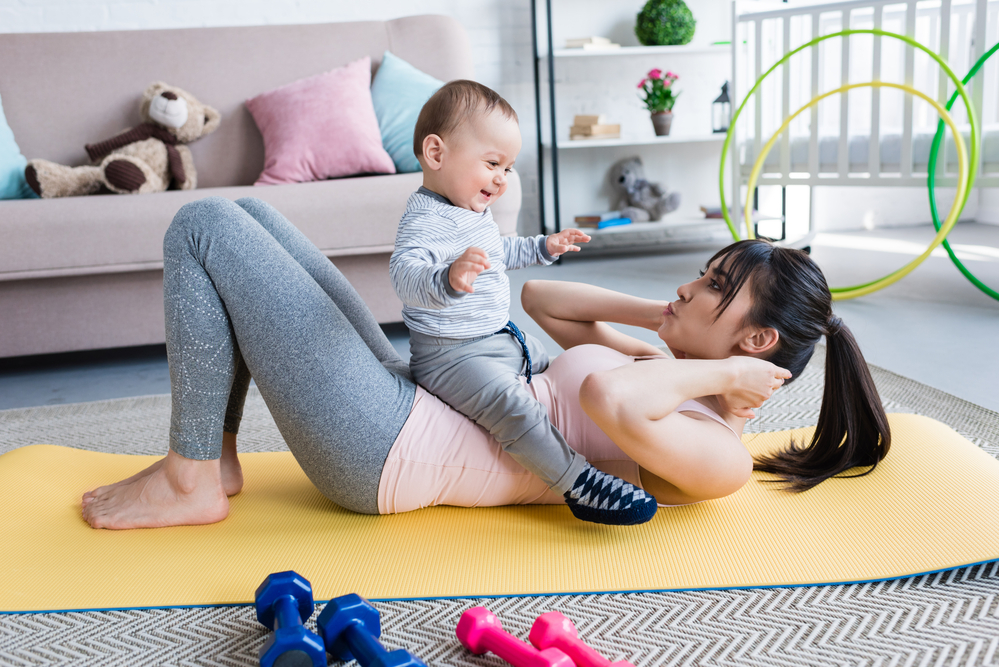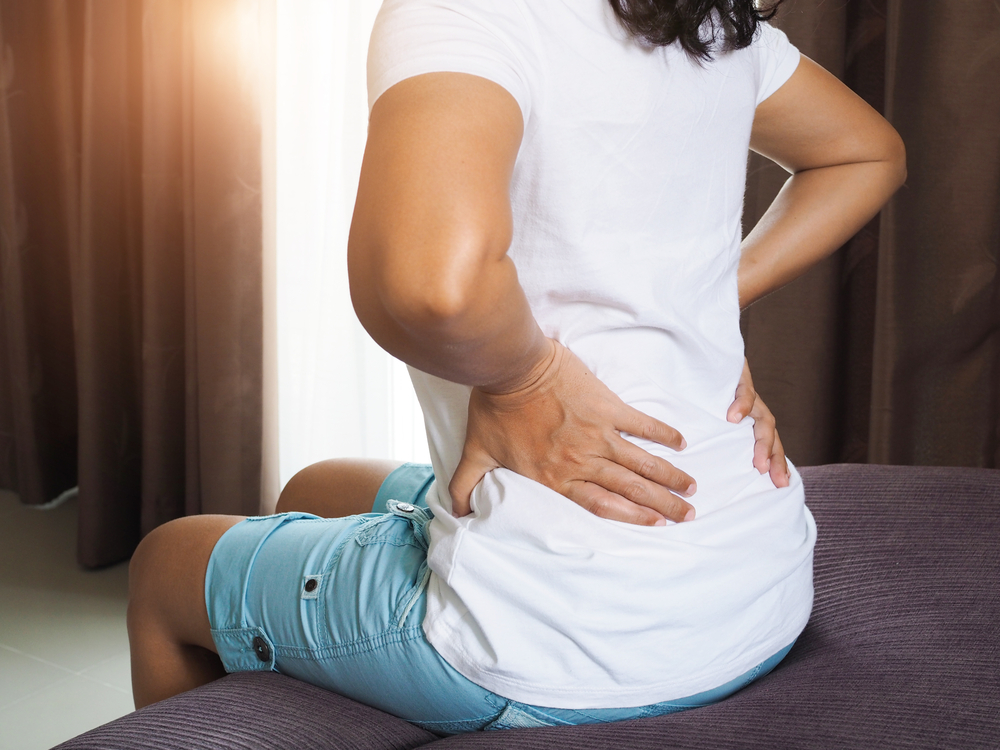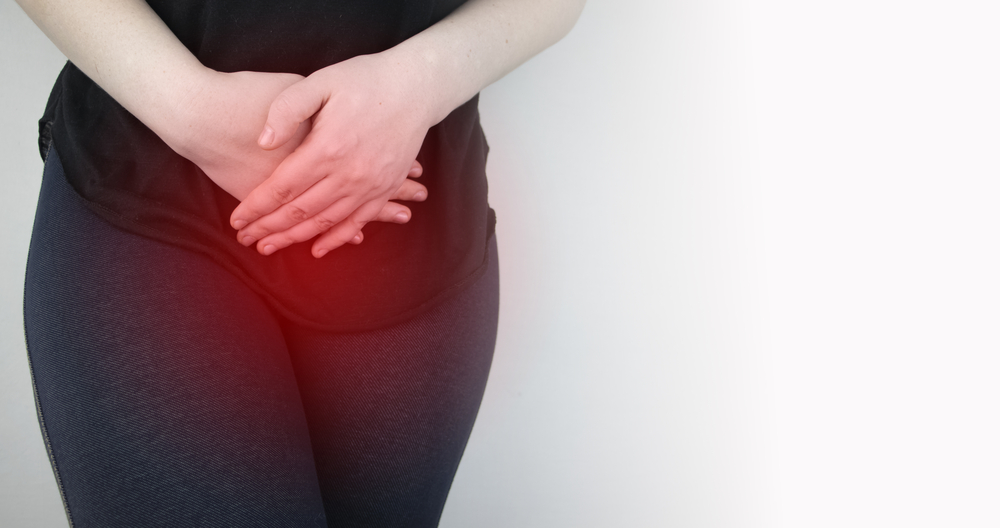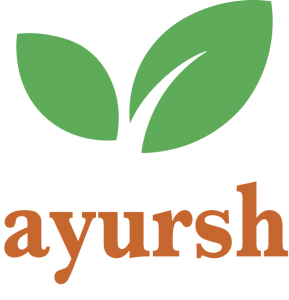 ● 45 minutes
● 45 minutesPost Pregnancy Care
Postnatal physiotherapy focuses on helping new mothers recover physically after childbirth, addressing issues related to pelvic floor dysfunction, diastasis recti, back pain, and overall fitness. It plays a crucial role in promoting healing, restoring function, and supporting overall well-being.
During pregnancy and after pregnancy your body undergoes many changes including postural adjustments, increased load on the pelvic floor and stretching and thickening of the ligaments. Postnatal treatments can help your body better prepare for the journey ahead.
At Ayursh, we offer postpartum physical therapy that combines techniques like massage therapy, breathing techniques, breastfeeding position, bed transfer, relaxation techniques, exercises to prevent post-pregnancy complications, and pelvic floor therapy to help make your post-pregnancy process as smooth as possible with Postnatal Pain Relief.
1. Pelvic Floor Rehabilitation. Purpose: Strengthen the pelvic floor muscles to address issues such as urinary incontinence, pelvic organ prolapse, and pelvic pain. Techniques: Pelvic Floor Exercises (Kegels): Procedure: Contract and hold the pelvic floor muscles (as if stopping the flow of urine) for 3-5 seconds, then relax. Gradually increase the duration and repetitions. Frequency: 3 times a day. Biofeedback: Procedure: Use sensors to provide real-time feedback on muscle contractions and relaxation to improve muscle awareness and control. Functional Electrical Stimulation (FES): Procedure: Apply electrical impulses via electrodes to stimulate pelvic floor muscles and enhance strength and coordination. Benefits: Improves bladder and bowel control, reduces pelvic pain, and supports recovery from childbirth.
2. Abdominal Rehabilitation. Purpose: Address issues such as diastasis recti (separation of the abdominal muscles) and strengthen core muscles. Techniques: Diastasis Recti Exercises: Procedure: Gentle exercises to close the gap between the abdominal muscles, such as modified crunches, pelvic tilts, and gentle core activation. Core Strengthening: Procedure: Focus on exercises that strengthen the deep core muscles without straining the abdominal area, such as pelvic tilts, transverse abdominis activation, and gentle plank variations. Benefits: Enhances core strength, improves posture, and supports recovery of abdominal muscle integrity.
3. Postural and Musculoskeletal Assessment. Purpose: Evaluate and address postural changes and musculoskeletal issues resulting from pregnancy and childbirth. Techniques: Postural Training: Procedure: Educate on proper posture to reduce strain on the back and shoulders, often incorporating ergonomic adjustments for daily activities. Musculoskeletal Therapy: Procedure: Manual therapy techniques, such as soft tissue massage, joint mobilization, and stretching, to address back pain, neck pain, and other musculoskeletal issues. Benefits: Reduces pain, improves posture, and enhances overall physical comfort and function.
4. Breathing and Relaxation Techniques. Purpose: Promote relaxation, manage stress, and support overall well-being. Techniques: Deep Breathing Exercises: Procedure: Practice slow, deep breathing to relax and activate the diaphragm, which supports core stability and overall relaxation. Progressive Muscle Relaxation: Procedure: Systematically tense and then relax different muscle groups to promote overall relaxation and reduce tension. Benefits: Reduces stress, promotes relaxation, and supports overall mental and physical recovery.
5. Functional and Activity-Based Training. Purpose: Help new mothers regain their ability to perform daily activities and adapt to the physical demands of caring for a newborn. Techniques: Functional Strength Training: Procedure: Incorporate exercises that mimic daily activities, such as lifting, carrying, and bending, to improve strength and endurance. Postnatal Exercise Program: Procedure: Develop a safe and effective exercise routine that gradually increases in intensity to enhance overall fitness and recovery. Benefits: Improves functional strength, supports daily activities, and promotes overall fitness and well-being.
7. Breastfeeding Support and Ergonomics. Purpose: Address physical challenges related to breastfeeding and provide ergonomic advice. Techniques: Breastfeeding Positions: Procedure: Educate on proper breastfeeding positions and techniques to reduce strain on the back and shoulders. Ergonomic Advice: Procedure: Provide guidance on how to use supportive pillows and adjust seating to improve comfort during breastfeeding. Benefits: Reduces discomfort associated with breastfeeding, supports proper positioning, and enhances overall breastfeeding experience.












